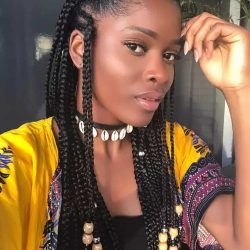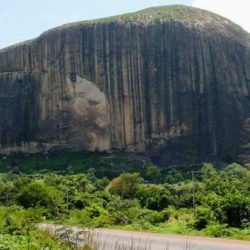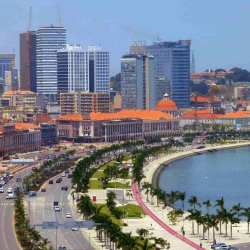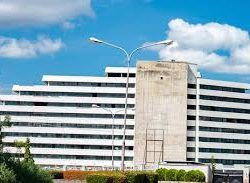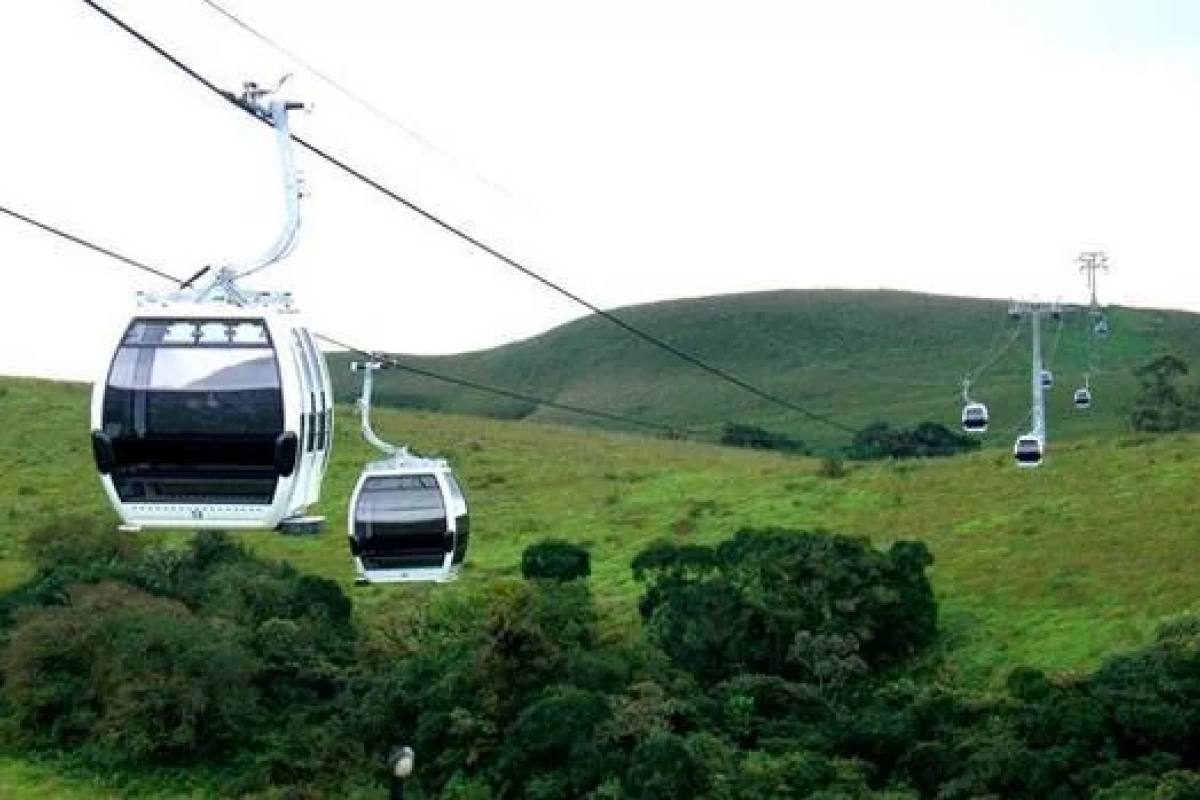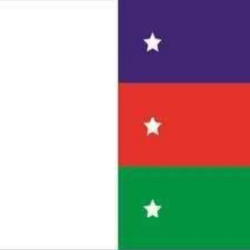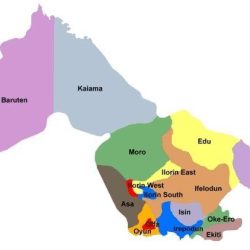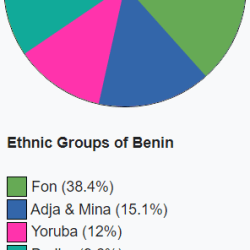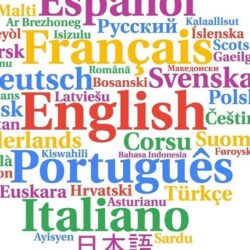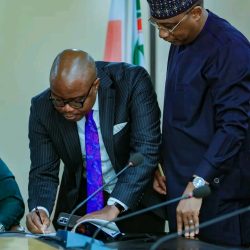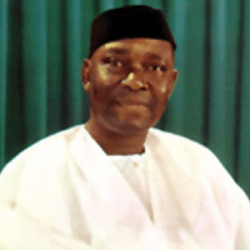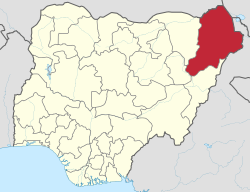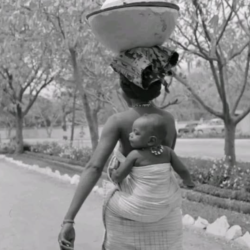Plateau state has over forty ethno-linguistic groups.
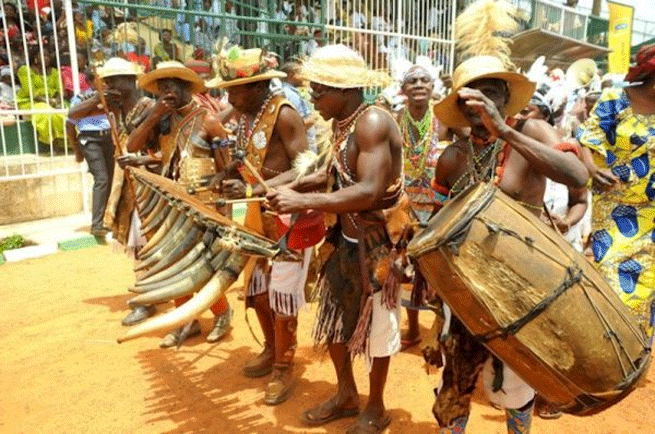
Some of the indigenous tribes in the state are:
Berom
Afizere
Amo
Anaguta
Aten
Bogghom
Buji
Challa
Chip
Fier
Gashish
Goemai
Irigwe
Jarawa
Jukun
Kofyar (comprising Doemak Kwalla and Mernyang)
Montol
Mushere
Mupun
Mwaghavul
Ngas
iapung
Pyem
Ron-Kulere
Bache
Talet
Taroh (Tarok)
Youm and Fulani/Kanuri in Wase
These ethnic groups are predominantly farmers and have similar cultural and traditional ways of life.
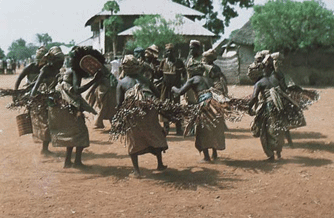
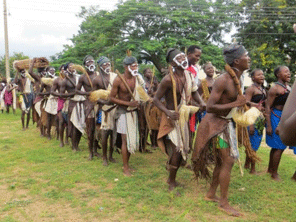
People from other parts of country have come to settle in Plateau State; these include:
Igbo
Yoruba
Ibibio
Annang
Efik
Ijaw
and Bini
Reference:
plateaustate.gov.ng/plateau/the-people
Plateau State
Plateau is the 12 largest state of Nigeria, and is located in the central of the country.
Capital
The capital of the state is Jos.
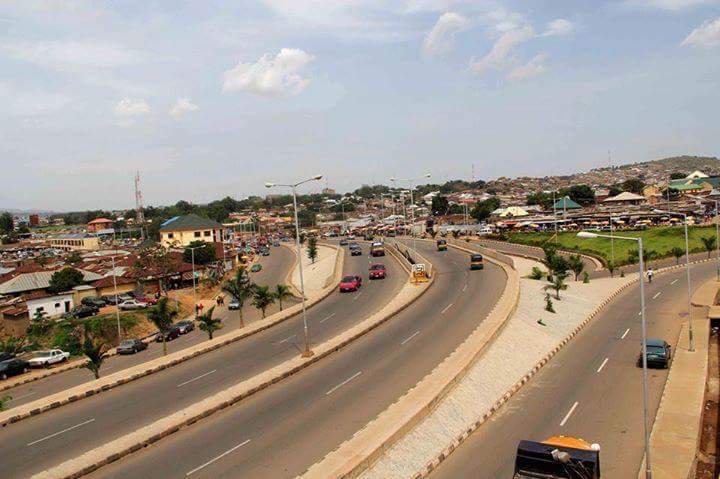
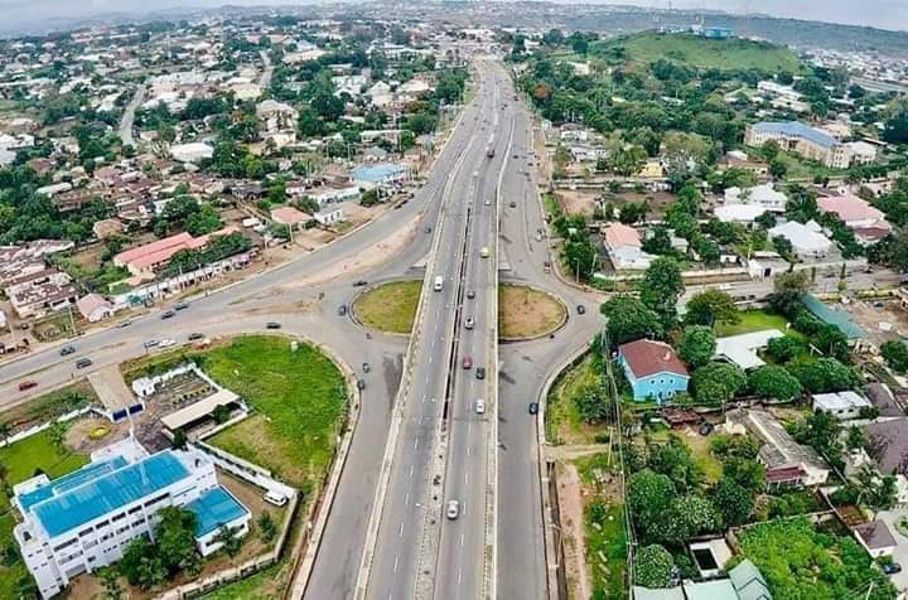
How Plateau State gets its name
Plateau State gets its name from the Jos Plateau.
Plateau State’s nickname
Plateau State is nicknamed as “The Home of Peace and Tourism”.
It’s named after the picturesque Jos Plateau, a mountainous area in the north of the state with captivating rock formations.
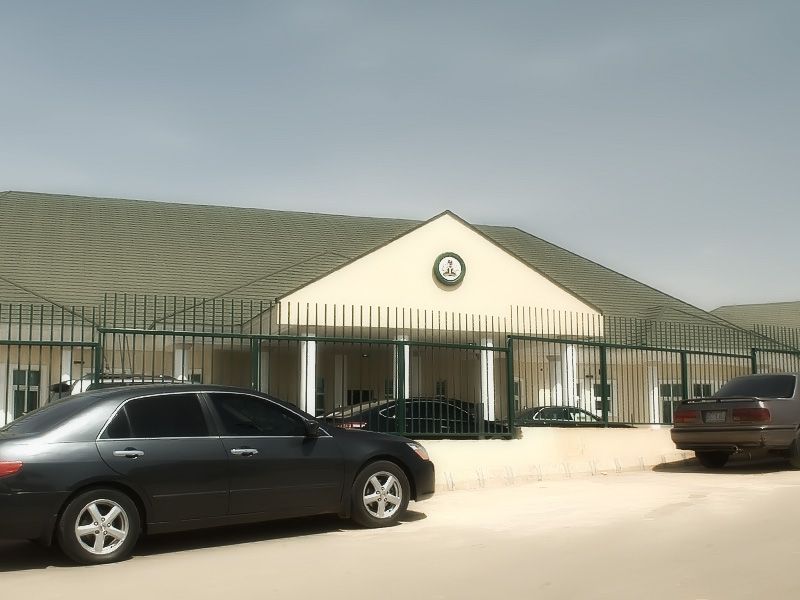
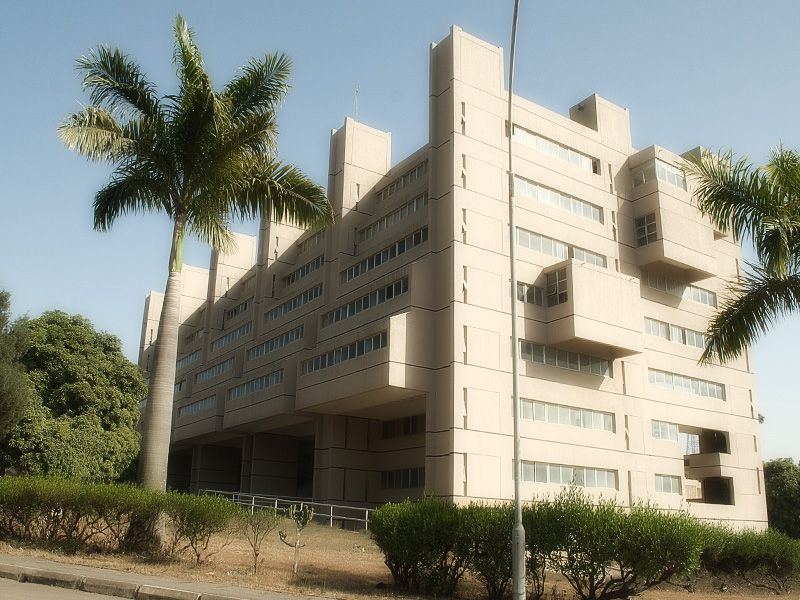
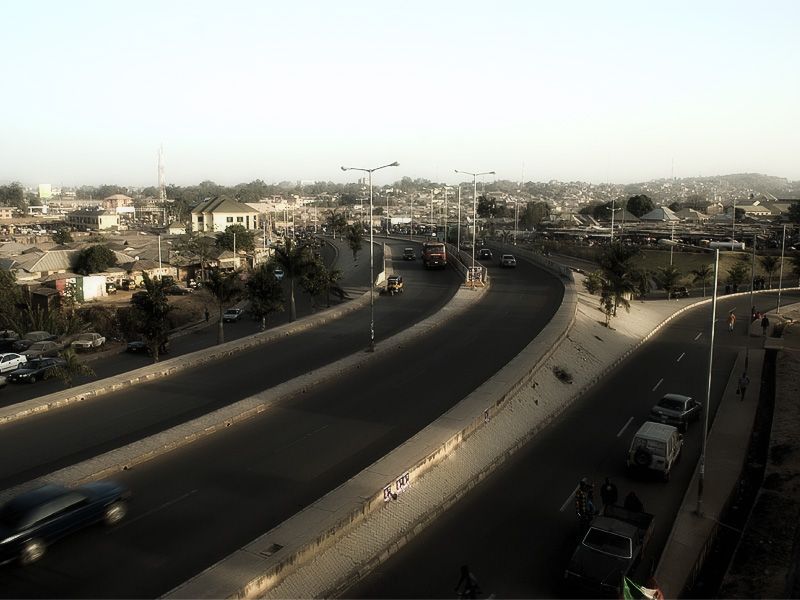
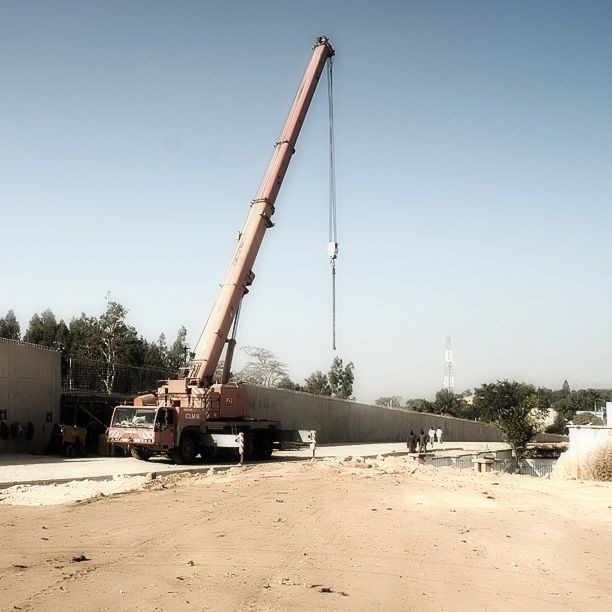
Boundaries
Plateau State is located in Nigeria’s middle belt. With an area of 26,899 square kilometres.
Adjacent States
Bauchi: to the North-East
Kaduna: to the North-West
Nasarawa: to the South-West
Taraba: to the South-East
Land
Its boundaries surround Jos Plateau. The plateau is in the state’s central and northern part.
Bare rocks are scattered across the grasslands, which cover the plateau.
The altitude ranges from around 1,200 meters (about 4000 feet) to a peak of 1,829 metres above sea level in the Shere Hills range near Jos. Years of tin mining have also left the area strewn with deep gorges and lakes.
Coordinates
It is located between latitude 80°24’N and longitude 80°32′ and 100°38′ east.
Climate
Though situated in the tropical zone, a higher altitude means that Plateau State has a near temperate climate with an average temperature of between 18 and 22°C. Harmattan winds cause the coldest weather between December and February. The warmest temperatures usually occur in the dry season months of March and April. The mean annual rainfall varies from 131.75 cm (52 in) in the southern part to 146 cm (57 in) on the Plateau. The highest rainfall is recorded during the wet season months of July and August. The average lower temperatures Plateau State has led to a reduced incidence of some tropical diseases such as malaria. The Jos Plateau, makes it the source of many rivers in northern Nigeria including the Kaduna, Gongola, Hadejia and Yobe rivers.
Reference:
plateaustate.gov.ng/plateau/at-a-glance
